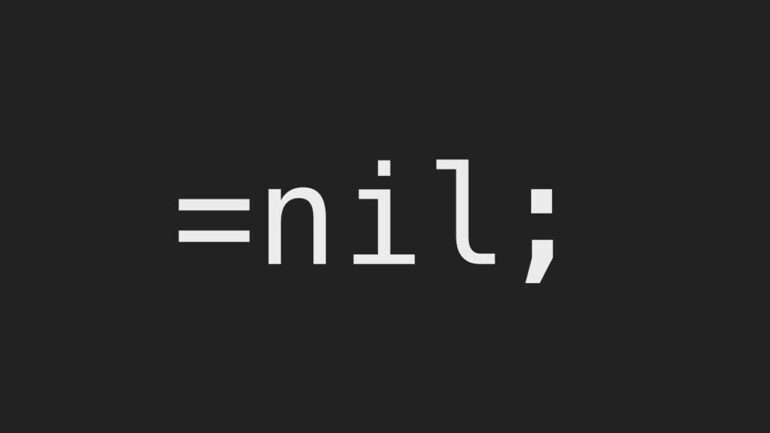TL;DR:
- Nil Foundation and Taceo have partnered to validate Machine Learning (ML) models on Ethereum’s Layer-1 blockchain.
- They employ the zkLLVM compiler tool to verify ML computations, eliminating the need for zero-knowledge domain-specific languages (zkDSL).
- Taceo focuses on addressing challenges with GPT-like models by using LLVM to construct circuits from trained Neural Networks (NNs).
- The collaboration aims to create a secure infrastructure for ML validation within Ethereum smart contracts.
- Zero-knowledge proofs (zkps) play a critical role in ensuring the execution of ML operations and data integrity.
- This partnership represents a significant step toward integrating ML and blockchain, enabling trustless ML applications on Ethereum.
Main AI News:
In a strategic partnership that holds significant promise for the world of blockchain and machine learning, Nil Foundation, a leading zero-knowledge proofs marketplace, has joined forces with Taceo, a prominent zero-knowledge solutions provider. Together, they are pioneering a groundbreaking platform aimed at validating Machine Learning (ML) models on Layer-1 blockchains, with a primary focus on the Ethereum Layer 1 mainnet.
The core innovation driving this collaboration is the implementation of zero-knowledge verification, facilitated by the zkLLVM compiler tool developed by the Nil Foundation. This powerful compiler tool has the unique capability to rigorously verify ML computations across a spectrum of popular programming languages. In essence, it paves the way for a future where Machine Learning can be seamlessly integrated into smart contracts on the blockchain, ushering in an era of trustless machine learning.
Machine learning, a pivotal subfield of Artificial Intelligence (AI), empowers computers to enhance their performance through the acquisition of knowledge and skills derived from repeated exposure to experiences and responses. One of the key obstacles faced by developers in the realm of zero-knowledge machine learning has been the necessity to reconfigure models into zero-knowledge domain-specific languages (zkDSL). However, with the advent of zkLLVM, this arduous task becomes a thing of the past.
Taceo underscores the particular challenge posed by models akin to GPT (Generative Pre-trained Transformer), where demonstrating the precise execution of existing Neural Networks (NNs) to entities like Ethereum can be intricate. Additionally, the scarcity of skilled developers well-versed in ZK (Zero-Knowledge) technology has been a bottleneck. To surmount these challenges, Taceo is leveraging the LLVM compiler toolchain to autonomously construct circuits from trained NNs.
The paramount objective of this pioneering collaboration is to construct a robust infrastructure for validating ML models on the Ethereum blockchain. This groundbreaking initiative aims to empower ML applications to seamlessly function within smart contracts, all without relying on trusted third parties.
Taceo underscores the indispensable role of zero-knowledge proofs (zkps) within Ethereum smart contracts. These proofs are vital for verifying the execution of ML operations and ensuring the integrity of training datasets. As the number of decentralized applications (dApps) continues to surge, the need for machine learning-driven decision-making over vast datasets becomes increasingly apparent. Taceo emphasizes that the validation of ML models is a prerequisite for the secure and reliable operation of these programs.
Conclusion:
The partnership between Nil Foundation and Taceo signifies a significant advancement in the convergence of machine learning and blockchain technology. This development opens up new opportunities for secure and trustless machine learning applications within the Ethereum ecosystem, potentially reshaping the market by enhancing the capabilities of decentralized applications and smart contracts.

